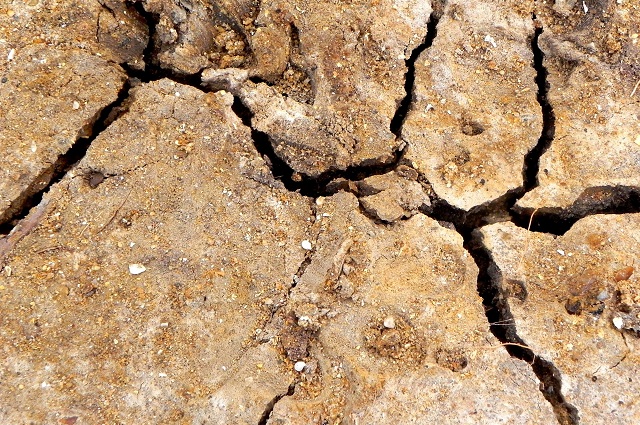News Story
(Below is a backup copy of the original article with as much credit to the publisher as well as the author that we can provide. By no means do we mean to violate any copyright laws. This page is appearing because someone indicated that the original story was unavailable.)
China Expands Virus Lockdown, Encircling 35 Million
The new travel restrictions include 12 cities as the death toll climbed to 26. In the epicenter, anxiety prevailed as mistrustful residents crowded into hospitals.
WUHAN, China — The authorities drastically expanded a travel lockdown in central China on Thursday, essentially penning in more than 35 million residents to contain a deadly virus that is overwhelming hospitals and fueling fears of a pandemic.
The new limits — abruptly decreed ahead of the Lunar New Year holiday, China’s busiest travel season — were an extraordinary step that underscored the ruling Communist Party’s deepening fears about the outbreak of a little understood coronavirus. It has killed at least 26 people and sickened more than 800 in China and at least six other countries, including the United States, according to statistics from health officials.
In Wuhan, the Hubei provincial capital of 11 million where the outbreak began, anxiety and anger prevailed as worried residents crowded into hospitals and teams of medical workers in hazmat suits sought to identify the infected.
“They can’t take proper care of all the people here,†said Sun Ansheng, a man in his 50s who was waiting outside a hospital while his wife was tested for the coronavirus, so named because of the spiky halo around the microorganism.
“The city government told us there was a virus, but they didn’t explain enough what we should do,†Mr. Sun said. “They left it sounding too minor. Now look.â€
Even as the Chinese authorities imposed the new restrictions — blocking expressways, cutting flights and warning residents to stay put — experts warned that the country risked a repeat of the SARS epidemic, which broke out in China in late 2002 and spread for months while officials played down its severity.
The updated death toll, announced early Friday by Chinese officials, jumped by more than a half-dozen in 24 hours.
The World Health Organization’s emergency committee, meeting in Geneva on Thursday for the second consecutive day, said it was too early to declare an international health emergency though it would reconvene in 10 days or less to reassess the outbreak.
The images in Wuhan offered a jarring contrast to the attempts by Chinese leaders in Beijing to project confident composure. President Xi Jinping led a toast in an ornate hall in Beijing to the Lunar New Year, which begins on Saturday, and he did not mention the crisis in his remarks to the cheerful crowd of officials and guests.
Even so, a sense of anxiety was deepening across China, with hospitals scrambling to cope with an influx of possibly infected patients and people lashing out online at the government. In Beijing, officials announced that they would temporarily close the Forbidden City.
On Thursday morning, the authorities imposed a travel lockdown in Wuhan, the industrial city at the epicenter of the outbreak. Airlines canceled hundreds of flights to Wuhan, leaving thousands of people stranded.
Later in the day, officials said they would also halt public transportation in the nearby cities of Huanggang, Ezhou, Zhijiang and Chibi, which are together home to more than nine million residents. And by Friday, restrictions had extended to Xiantao and Qianjiang, two other cities that include large rural populations.
“This was a very difficult choice,†Wang Xiaodong, the governor of Hubei Province, which includes Wuhan and the other locked-down cities, told Chinese state television. “Although Wuhan has taken a series of measures to ease things, there are certainly many hardships.â€
An announcement Friday in the Hubei Daily, the province’s official newspaper, indicated that the restrictions could vary from city to city. In Zhijiang, one of the cities listed, shops and businesses were ordered to close, except for supermarkets, food markets, and other ones essential for daily life.
Some residents in Wuhan spoke speculatively of trying to skirt the blockade by driving on rural back roads to evade police checkpoints.
“It’s serious, but not that serious,†said Wang Mengkai, a worker in an electronics parts factory who was stuck at the Wuhan Railway Station, hoping to figure out a way to join his family in Henan Province for the Lunar New Year celebrations. “If we can’t get out on a train, we’ll try putting together a car with a driver,†he said.
Anger and frustration spread among Wuhan residents lined up at hospitals seeking diagnosis and treatment for coughs and fevers. Most residents interviewed said they could see the logic of travel restrictions. But many accused officials of having failed to ensure that enough medical workers were properly trained, while medical workers reported shortfalls of critical protective gear such as masks and goggles.

